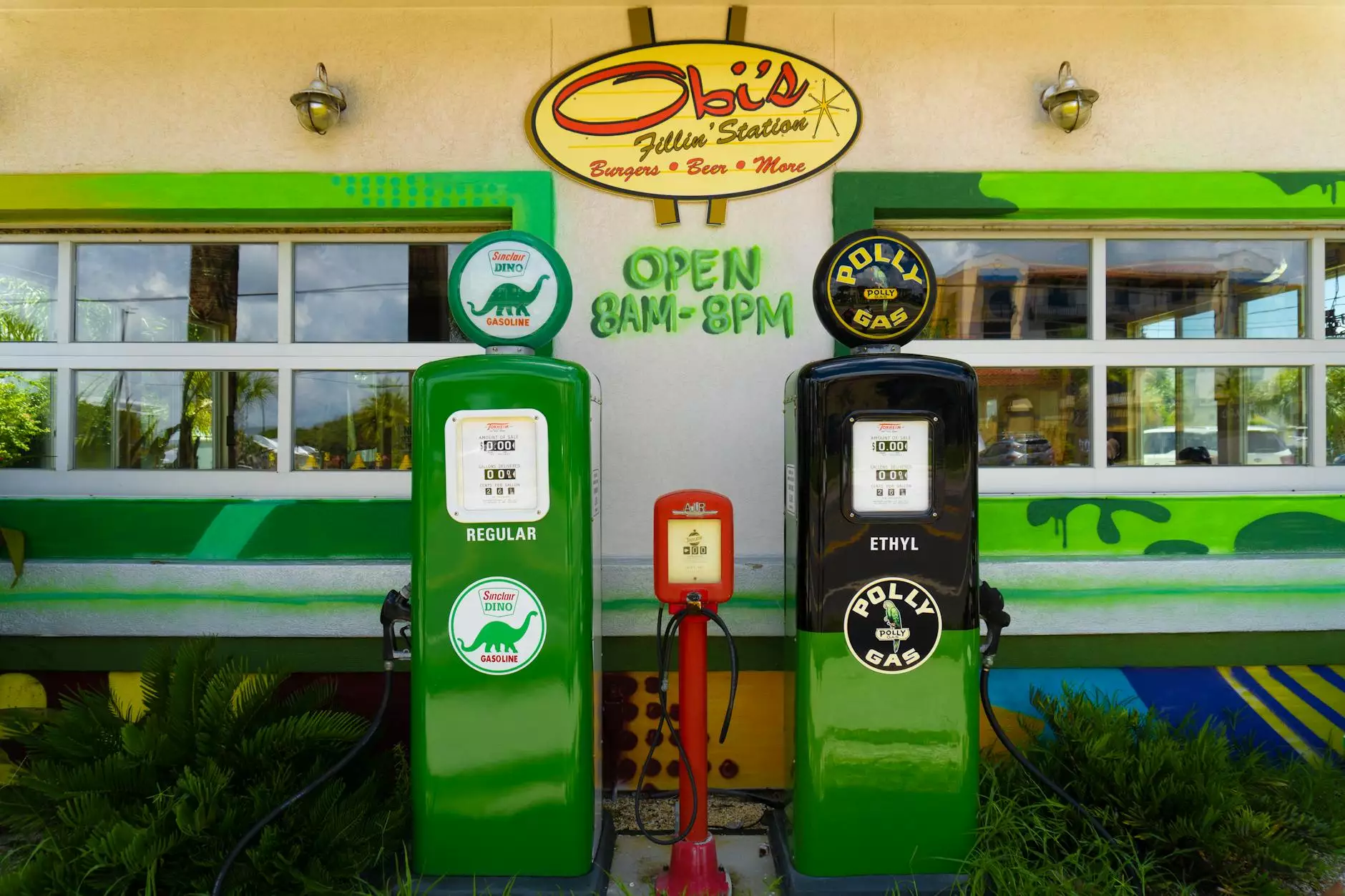Exploring the World of Petrol: A Comprehensive Guide for Automotive Enthusiasts

Petrol, a term predominantly used in British English, signifies what is referred to as gasoline in American English. This fluid is more than just a simple means of propulsion; it is a vital component of the automotive ecosystem that fuels millions of vehicles worldwide. In this article, we will delve into the intricacies of petrol, its significance in the automotive industry, and the best practices for maintaining vehicles that run on it. Additionally, we will explore how understanding petrol can benefit both everyday drivers and auto repair professionals alike.
The Chemistry of Petrol
At its core, petrol is a complex mixture of hydrocarbons derived from the refining of crude oil. The chemical composition of petrol contributes to its performance in engines, making it crucial for automotive engineers and mechanics to understand its properties. Here are some key points regarding the chemistry of petrol:
- Hydrocarbon Structure: Petrol primarily comprises alkanes, cycloalkanes, and aromatic hydrocarbons. Each type contributes differently to the fuel's properties and combustion efficiency.
- Octane Rating: The octane rating of petrol measures its resistance to knocking during combustion. Higher octane ratings typically indicate better performance, especially in high-compression engines.
- Additives: Modern petrol contains various additives that enhance performance, prevent corrosion, and reduce emissions. These can significantly affect a vehicle's efficiency and lifespan.
The Importance of Petrol in the Automotive Industry
The automotive industry is profoundly connected with petrol, making it imperative for anyone involved in this field to grasp its significance. Here are several aspects that underline the importance of petrol:
1. Fuel Economy
Understanding how different grades and types of petrol influence fuel economy can help vehicle owners make informed choices. Using the right octane-rated petrol for a vehicle can lead to optimal performance and efficiency.
2. Environmental Impact
As awareness of climate change and environmental degradation grows, the automotive industry is seeking advancements in petrol formulations. Cleaner, more efficient petrol can reduce harmful emissions, making vehicles more environmentally friendly.
3. Engine Performance and Longevity
Utilizing high-quality petrol is crucial for maintaining performance and extending the lifespan of vehicle engines. Proper petrol selection can prevent carbon buildup, excessive wear, and engine knocking, leading to fewer repairs and better performance.
Petrol and Auto Repair: Key Insights for Professionals
For auto repair professionals, understanding the nuances of petrol can drastically improve diagnostic accuracy and repair efficacy. Here’s how:
1. Diagnosing Fuel-Related Issues
Many automotive issues can stem from fuel quality. Common symptoms include engine misfires, stalling, and poor fuel economy. Technicians should be able to link these symptoms to potential petrol quality issues.
2. Fuel System Cleaning
Fuel injectors and intake valves can accumulate deposits from stale or low-quality petrol. Regular cleaning and maintenance can help ensure vehicles operate smoothly and efficiently.
3. Understanding Fuel Compatibility
Modern engines may require specific fuel types, and using incompatible petrol can cause serious engine damage. Keeping current with manufacturer specifications is vital for auto repair professionals.
Best Practices for Petrol Use in Everyday Driving
For everyday drivers, understanding how to maximize the benefits of petrol can enhance driving experiences significantly. Consider the following:
1. Choosing the Right Petrol
Always select petrol that meets or exceeds your vehicle’s requirements. Consult the owner's manual for recommended petrol types and octane ratings.
2. Regular Maintenance
Vehicle maintenance is closely tied to petrol quality. Regular oil changes, filter replacements, and fuel system inspections can prevent many performance issues.
3. Optimize Driving Habits
Driving behavior can significantly impact petrol consumption. Adopting smooth acceleration and braking, maintaining steady speeds, and reducing idling time can improve fuel efficiency.
The Evolution of Petrol and Its Future
The landscape of petrol consumption is evolving. As technology advances, so too does the petrol industry. Here are some trends influencing petrol's future:
1. Biofuels and Alternative Fuels
With the growing emphasis on sustainability, biofuels derived from organic materials are being explored as alternatives to traditional petrol. These fuels have the potential to reduce reliance on fossil fuels and lower greenhouse gas emissions.
2. Fuel Efficiency Standards
Governments around the world are implementing stricter fuel efficiency standards, encouraging manufacturers to innovate and produce more efficient vehicles that can run on conventional petrol.
3. Research into Synthetic Fuels
Research and development efforts are ongoing in the realm of synthetic fuels. These man-made fuels are designed to mimic the properties of traditional petrol while possessing enhanced environmental benefits.
Conclusion: The Irreplaceable Role of Petrol in the Automotive Ecosystem
In conclusion, petrol remains an irreplaceable component of the automotive sector. Its chemical complexity, importance in fuel economy, and the intricate relationship it holds with vehicle performance and maintenance cannot be overstated. As we look ahead, embracing innovations while maintaining a solid understanding of petrol will be paramount for both casual drivers and automotive professionals alike. Ensuring that we use high-quality, appropriate petrol is crucial for the longevity and efficiency of our vehicles.
Further Reading and Resources
If you're interested in further exploring the world of petrol, consider the following resources:
- IndoPetrol Website - A comprehensive source for petrol-related news and resources.
- Automotive Forums - Engaging with online communities discussing petrol issues and solutions.
- Fuel Economy Resource - A government resource for understanding fuel efficiency and economy data.









